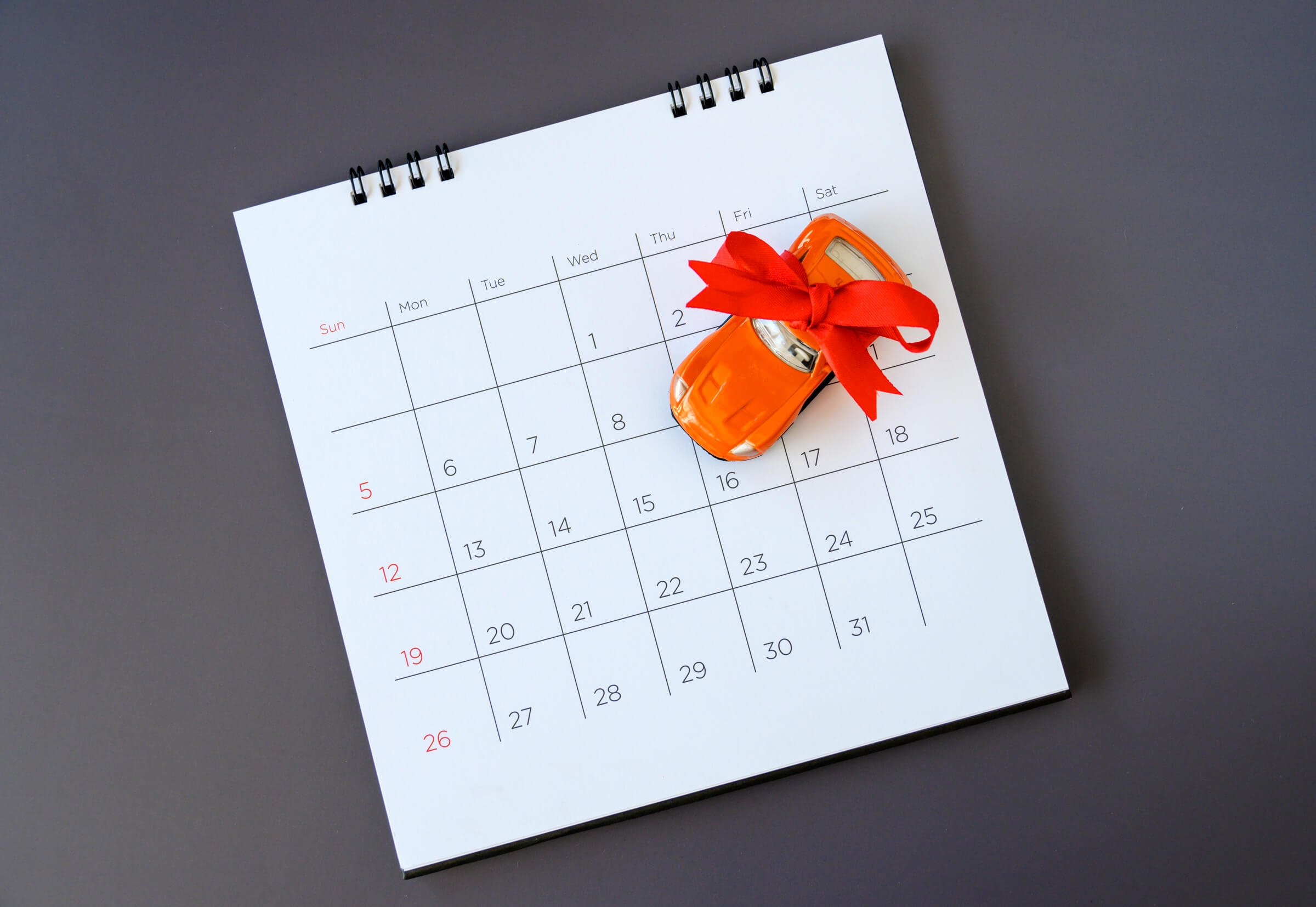
The Best Time of Year to Buy a Car (and Get the Best Deal)

by Maddi Butler
If you've ever wondered when to pull the trigger on a new (or new-to-you) car, you're not alone. With prices fluctuating throughout the year and dealerships constantly rolling out promotions, it's hard to know when you're actually getting the best deal.
But here's the good news: you don't need insider connections or months of research to time your purchase well. By understanding a few key patterns in the car sales cycle, you can position yourself to save hundreds — sometimes thousands — just by buying at the right moment.
Let's break down when (and why) the best deals usually pop up.
End of the Month and End of the Quarter
Salespeople and dealerships often work on quotas — and those targets typically reset each month or quarter. That means at the end of these periods, they're more motivated to close deals, sometimes even at slimmer margins, to hit their numbers.
If you walk into a dealership in the final few days of the month (or at the end of March, June, September, or December), you may find they're more willing to negotiate, throw in extras, or apply incentives just to make the sale.
Late in the Year (October–December)
Want the biggest discounts? Focus on the last few months of the year. This is when dealerships are eager to clear out current-year models to make room for the next year's inventory. Even if the differences between the model years are minimal, they're under pressure to free up space — and that can translate into bigger markdowns for you.
December, in particular, is often considered the sweet spot for car deals. With end-of-year bonuses and holiday promotions, dealerships are pulling out all the stops to meet their annual goals.
Holiday Sales Events
Certain holidays — especially Memorial Day, Fourth of July, Labor Day, and Black Friday — come with special sales events. These aren't just marketing gimmicks; manufacturers and dealers often align real incentives and rebates with these dates, meaning you can sometimes score factory-backed deals that aren't available at other times.
However, keep in mind that these events also draw bigger crowds, so inventory might move fast. If you're eyeing a specific vehicle, it's smart to shop early during the holiday window.
Model Changeover Periods
New models typically hit dealerships in late summer to early fall. That means the previous year's models — even if they're brand-new, unused cars — suddenly become "old stock" in the eyes of the dealer. This is one of the best times to scoop up a deal on a car that's still effectively brand-new but priced to move.
The catch? Your selection may be limited, especially when it comes to color or trim options. If you're flexible, you can snag a great price. If you're picky, you might need to act fast or be willing to compromise.
Midweek Shopping
Most people visit dealerships on weekends, which means salespeople are busy, distracted, and less motivated to cut special deals. If you can swing a weekday visit — especially on a slow Tuesday or Wednesday — you're more likely to get personalized attention and a little extra negotiating power.
Plus, shopping when it's quieter gives you more breathing room to test-drive, ask questions, and avoid feeling rushed.
Timing for Used Cars
Used car prices don't follow the exact same patterns, but they do tend to dip when supply is high — for example, right after tax season (April–May) or after new car incentives pull buyers away from the used lot. Keep an eye on local listings and don't be afraid to shop around at independent dealerships or private sellers for the best deal.
The Bottom Line
Buying a car is one of the bigger financial decisions most people make — but timing it right can make a noticeable difference. Whether you're hunting for a new model or a reliable used ride, planning your purchase around these key windows can unlock better deals, more incentives, and extra negotiating power.
And remember: no matter when you buy, don't forget to review your insurance. A new (or new-to-you) vehicle can change your premium — sometimes in your favor. Comparing quotes after a purchase can help you lock in savings and make sure your new investment is fully protected.